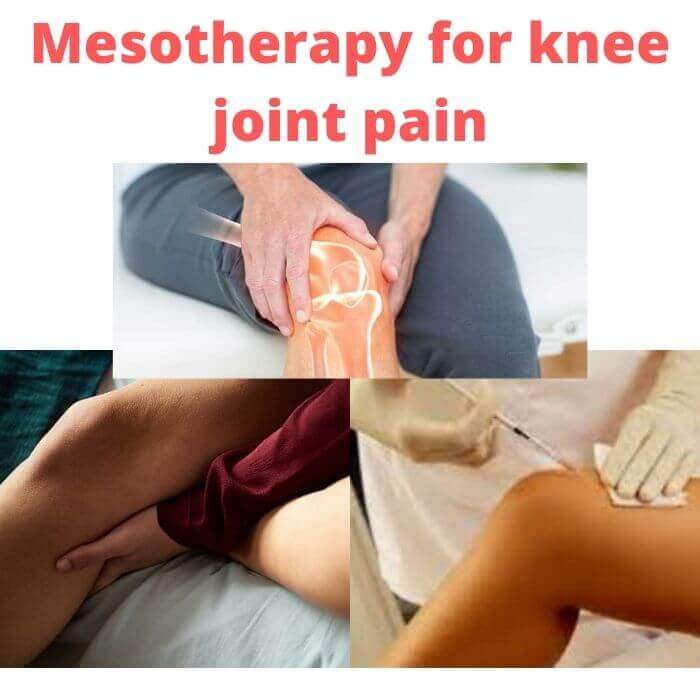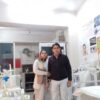- Empty cart.
- Continue Shopping
Knee Pain: PRP Treatment in Delhi

Knee Pain: PRP Treatment in Delhi
Herbal Medicine and Cupping Therapy Clinic, F 36, DB Gupta Market, Karol bagh, New Delhi, M 8287833547
Knee injuries are very common and come in many forms. Sprains, strains, inflammation, dislocations, tendon tears, and other forms of knee problems can happen due to just about any type of physical activity that stresses the legs.
Certain conditions, such as gout, arthritis, and infections, can also contribute to knee pain, and any of these conditions can also lead to stiffness and swelling. But whatever the cause of your knee pain, platelet-rich plasma (PRP) therapy may be the nonsurgical solution you need to help you heal faster.
What injuries can be treated with PRP?
There are many ways that PRP can safely and effectively treat many ailments or injuries. Weakened ligaments and tendons cause the majority of the pain and damage related to joints. Some of the most common injuries that have benefitted from our PRP Therapy are:
- Osteoarthritis of the major joints (knee, shoulder, hip, and spine)
- Rotator cuff strains and tears
- Anterior Cruciate Ligament (ACL) injuries
- Pelvic pain and instability
- Back and neck injuries or pain
- Tendonosis (Tennis Elbow)
- Tendonitis and ligament sprains
- Chronic knee pain (arthritis or injury)
- Muscle strains
- Our plasma treatments strengthen these weak tissues, leading to improved joint and muscle functions with significantly less pain.
Specific problems I see in patients with knee arthritis and how they are addressed:
- If I discover subtle loss of motion, especially loss of knee extension, tightness of the IT Band or loss of patella mobility, I address these issues with a home exercise program or better yet focused physical therapy. The therapist is always given directions so that the patient’s time is not wasted.
- If there are mechanical problems such as chondral flaps, meniscus tear fragments or loose bodies they are addressed with prp treatment or as needful.
- Some patients have severe inflammation of the joint which requires to improve the characteristics of the joint fluid and remaining cartilage.
- Patients with narrowing of the joint and significant bowing of the leg are recommended an unloading knee brace for walking.
- Overweight patients are recommended to seek help with nutrition and exercise. Hiking poles, a brace, and good shoes are highly recommended.
Important guidelines to follow after your PRP procedure are:
- Avoid applying ice or heat to the injection site for the first 72 hours post-procedure
- Don’t take a hot bath or go to a sauna for the first few days post-procedure
- Avoid consumption of any alcoholic beverages for the first week post-procedure
- Avoid showering for the first 24 hours following your procedure
- Limit caffeine consumption for the first week post-procedure
- Avoid smoking
Post-procedure guidelines:-
At this point in your healing, we highly encourage you to begin physical therapy to aid in your long-term healing and continued recovery. During a follow-up appointment will be made for you to meet with our physician to review your healing process. It is important that you keep this follow up visit even if your recovery is going well. If there are any adjustments to your customized treatment plan, this is when our physician will be able to make those decisions.
Address:- F 36, Herbal Medicine and Cupping Therapy Clinic, In front of Swagat Place Hotel, DB Gupta Market, Karol bagh, New Delhi, M 8287833547




Quality and effective treatment.. Thanks